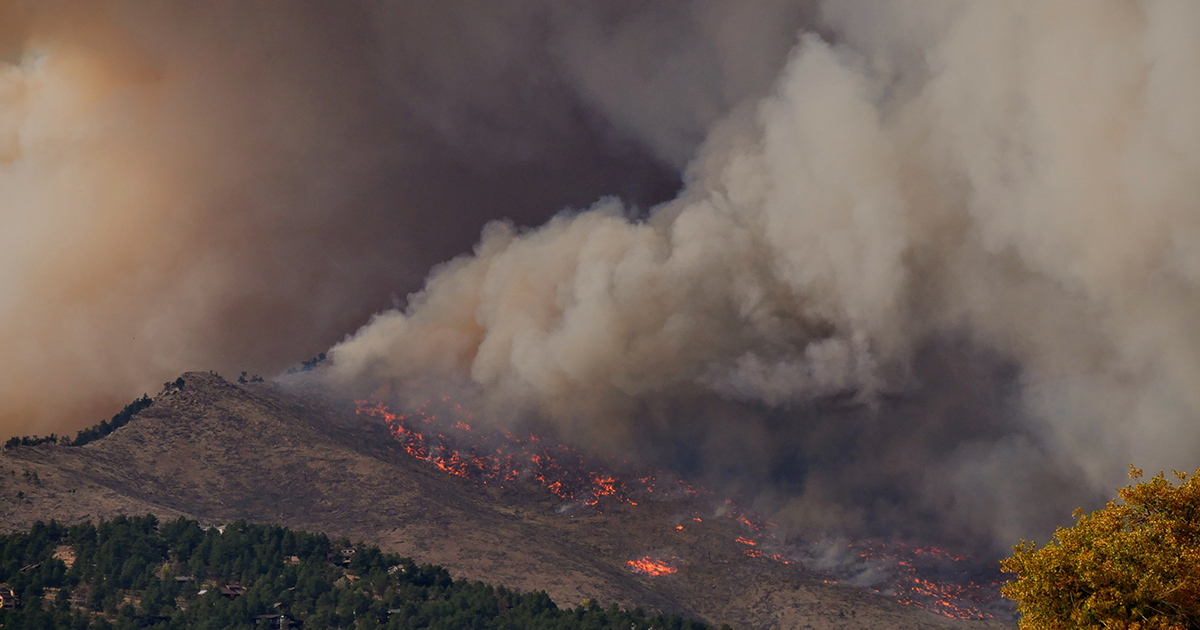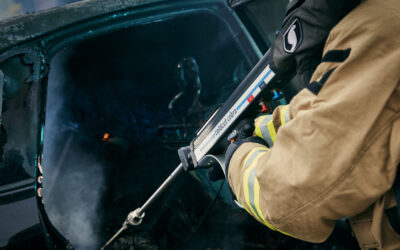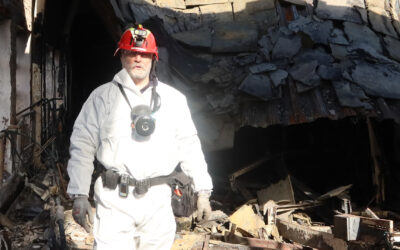As a result, this has led to fire services taking a larger emphasis on the containment of water runoff as well as observation of how fire and firefighting activities can impact the environment.
Using Cobra for Safer, Cleaner, and More Efficient firefighting is a very, very small part of the global environmental puzzle, but if we all do what we can, we can come a long way. Since Cleaner is one of our keywords that also includes the environmental aspect of firefighting, we think it is very important to help spread awareness about the environmental impact of fires from a larger perspective.
We know that fires have environmental impacts on air, water, and soil quality both in the short and long run. Experiences from previous fires have taught us just how significant impact fires and firefighting techniques can have on the environment.

Short term impacts are affecting the community immediately after a fire. However, the large variety of hazardous agents released during a fire might result in pending long term environmental impacts one may not even be aware of.
Fires in buildings can release emissions and by-products that contaminate the soil, the air, the groundwater, as well as our health. Wildfires also simultaneously impact weather and the climate by releasing large quantities of carbon dioxide, carbon monoxide and fine particulate matter into the atmosphere, resulting in air pollution that can cause many health issues.
Do you want to learn more?
There are a lot of reports and information to be found online. Below we have assembled links to some of the articles highlighting the awareness of the Environmental Impacts of Fire.
Environmental Impacts of Fire, STRUCTURE magazine


